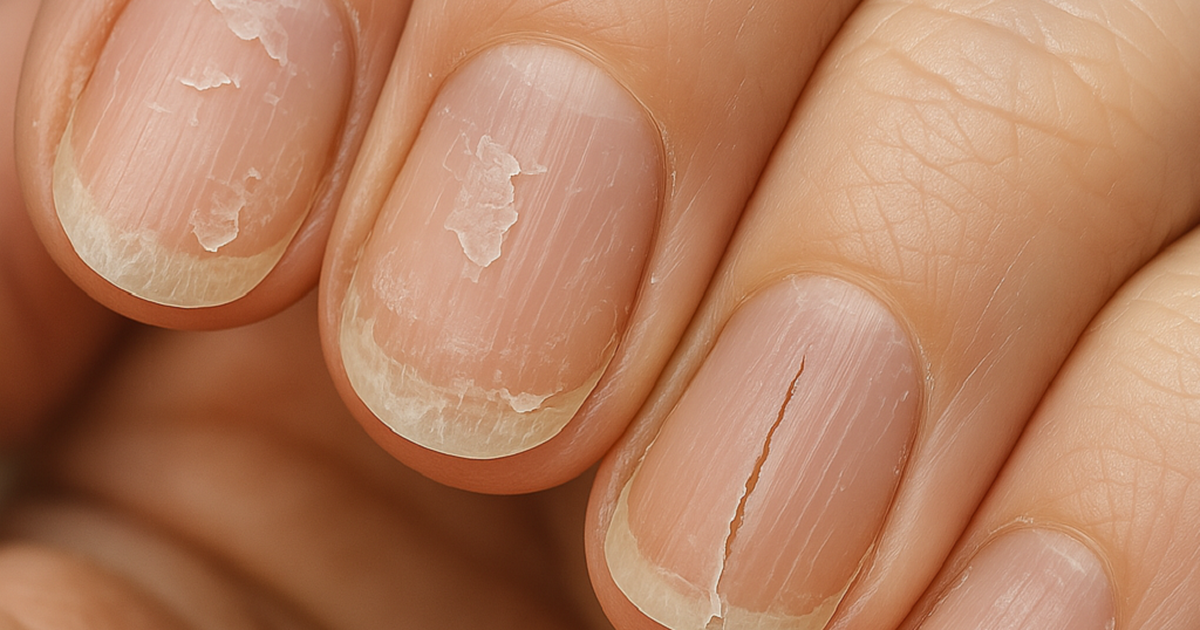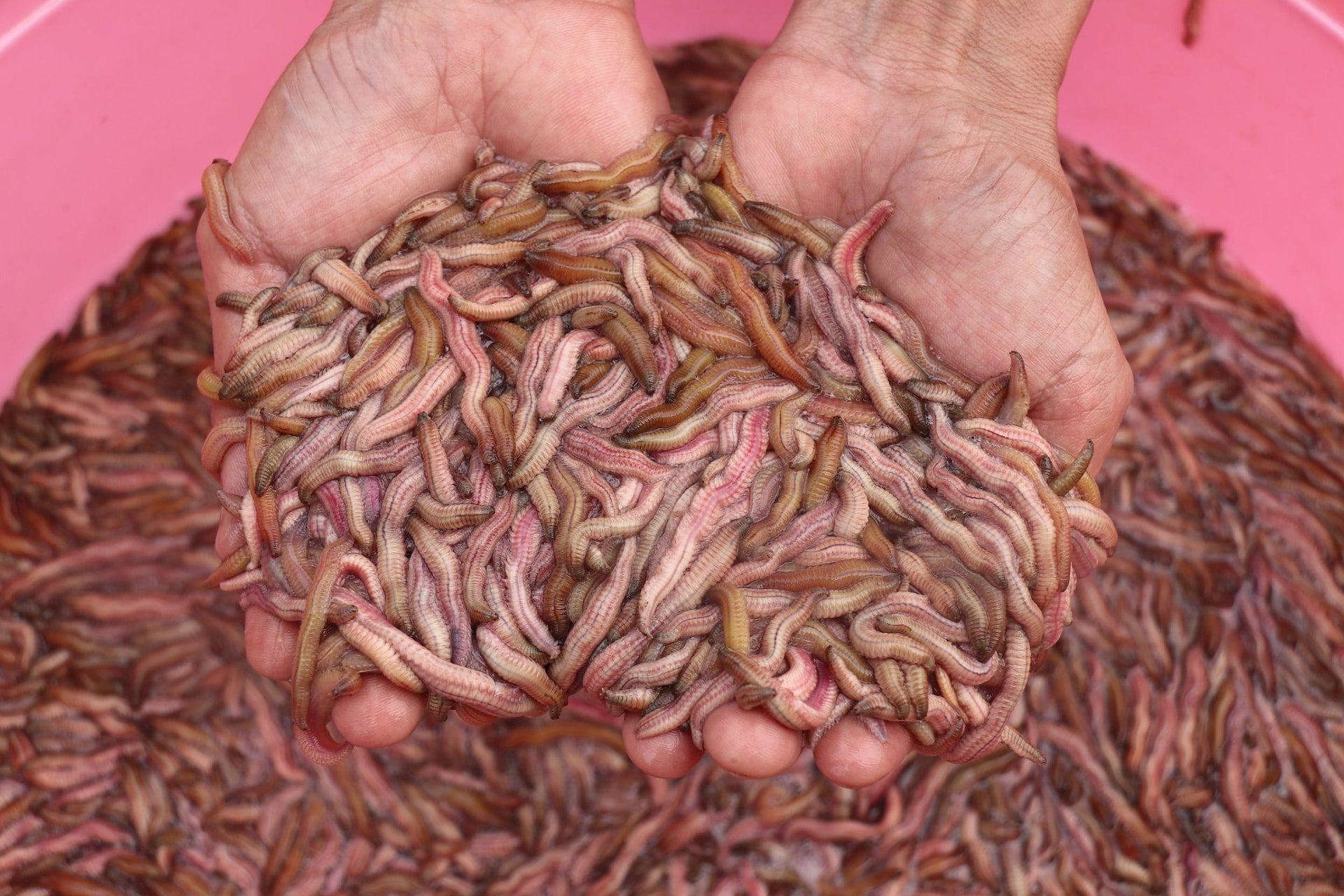Hanoi A few months after eating a raw vegan diet of vegetables, fruits, and drinking juices, Lan Anh, 30 years old, was exhausted and diagnosed with "obsessive clean eating" syndrome.
Visiting Mai Huong Daytime Psychiatric Hospital for examination in early August, Lan Anh said that for the past 6 months, she has only eaten vegetables, tubers, fruits and drank juice, completely cutting out meat, fish, eggs, milk, starch, and even water. This is considered a raw vegan diet, helping the body to detoxify, heal, prevent disease and reverse aging.
Getting used to this diet, when seeing meat or fish, the woman felt scared, thinking that similar foods were "marinated with chemicals or antibiotic residues", causing the body to become sick. Lan Anh rarely ate with her family, made excuses to refuse company parties and almost never went out with friends because she did not want to explain her diet.
Three weeks after applying, she lost weight quickly, had signs of dizziness, lightheadedness, and could not concentrate on work, but still told herself "the body is detoxifying to regenerate new energy". She missed her period for two months, thinking "it is a sign of good health, because the body has few toxins so it does not need to be eliminated through the menstrual cycle".
After eating raw for half a year, she lost nearly 20 kg, weighing 42 kg with a height of 1.62 meters. Her relatives and friends advised her against it because her body was clearly skinny and weak. But the woman still believed that this was a healthy way of eating, and gained more confidence from the encouragement from the dieting community like her. When she had severe loss of appetite and insomnia, Lan Anh was taken by her family to Mai Huong Daytime Psychiatric Hospital for examination.

Obsessing over clean eating can become a psychological problem. Photo: Total Health
Dr. Tran Thi Hong Thu, Deputy Director, said that through examination and testing, it was determined that the patient suffered from "healthy eating disorder", also known as orthorexia , in addition to the problem of malnutrition. This syndrome was first mentioned by American doctor Steven Bratman in 1996, referring to an extreme obsession with healthy foods. People with orthorexia often focus on food quality, eating only what they consider pure, healthy, and free of toxic substances. Over time, this habit becomes an extreme disorder, a psychological obsession, and sometimes physically dangerous.
Another case is Uyen, 22 years old, from Nghe An, 1.6 meters tall, had problems with acne so she searched for ways to reduce acne online. Initially, she eliminated milk from her diet, then foods containing sugar and fat, red meat. Over time, Uyen became a vegetarian, eating 50% raw, mainly green vegetables and fruits.
"I am obsessed and put animal foods like meat, fish, and eggs on the 'forbidden list'. If I accidentally eat them, I will gag and vomit them so as not to harm my body," Uyen said.
The girl lost 10 kg, from 54 kg to 44 kg in two months, her body was tired, sometimes dizzy, even fainted. Her family took her to a nutrition center for consultation, the doctor discovered that she had an eating disorder, anorexia nervosa, but the woman continued the diet with the belief that it would help purify her body. Her current weight is 37 kg, she has stopped menstruating for 6 months, hair loss, and low blood pressure.
According to Ms. Thu, orthorexia syndrome is related to eating disorders, typically binge eating disorder, anorexia nervosa or food absorption disorder. Biological, neurological and genetic factors also contribute to the pathogenesis, including personality traits (eg perfectionism, love of neatness and perfection), people working in environments with high demands on body shape and weight, people experiencing psychological trauma, having been obsessed with weight, or some other mental disorders such as depression, anxiety disorders.
"When the body is in a state of hunger, the brain does not function normally, causing cognitive decline," the expert said, adding that this will affect social relationships, causing the patient to lose communication skills and gradually lose confidence. This can also be the source of dangerous mental illnesses such as depression and anxiety disorders. Moreover, the patient will also face many health risks when continuously maintaining unscientific exercise and eating habits.
"It can become a health hazard, even fatal," said Dr. Thu.
Experts consider orthorexia to be an ill-defined condition. Although recognized by the National Eating Disorders Association, orthorexia is not listed in the Diagnostic and Statistical Manual of Mental Disorders, which is often used by psychiatrists to diagnose patients. Therefore, it is difficult to determine how common this disorder is.
Some studies have concluded that the problem affects less than 1% of the US population, while others have found it to be more common among teens who use social media. Orthorexia also commonly develops in college students, professional athletes, and vegans.
Nutritionists say that adding a variety of foods is a tip for healthy eating, recommending that people balance the three energy-producing substances: carbohydrates, protein, fat, and eat on time. If you detect signs of psychological abnormalities hidden behind extreme dieting styles, you should see a specialist for timely treatment to avoid life-threatening complications.
Thuy Quynh - Nhu Ngoc
*Character names have been changed
Source link






![[Photo] Visiting Cu Chi Tunnels - a heroic underground feat](https://vstatic.vietnam.vn/vietnam/resource/IMAGE/2025/4/8/06cb489403514b878768dd7262daba0b)




















































































Comment (0)